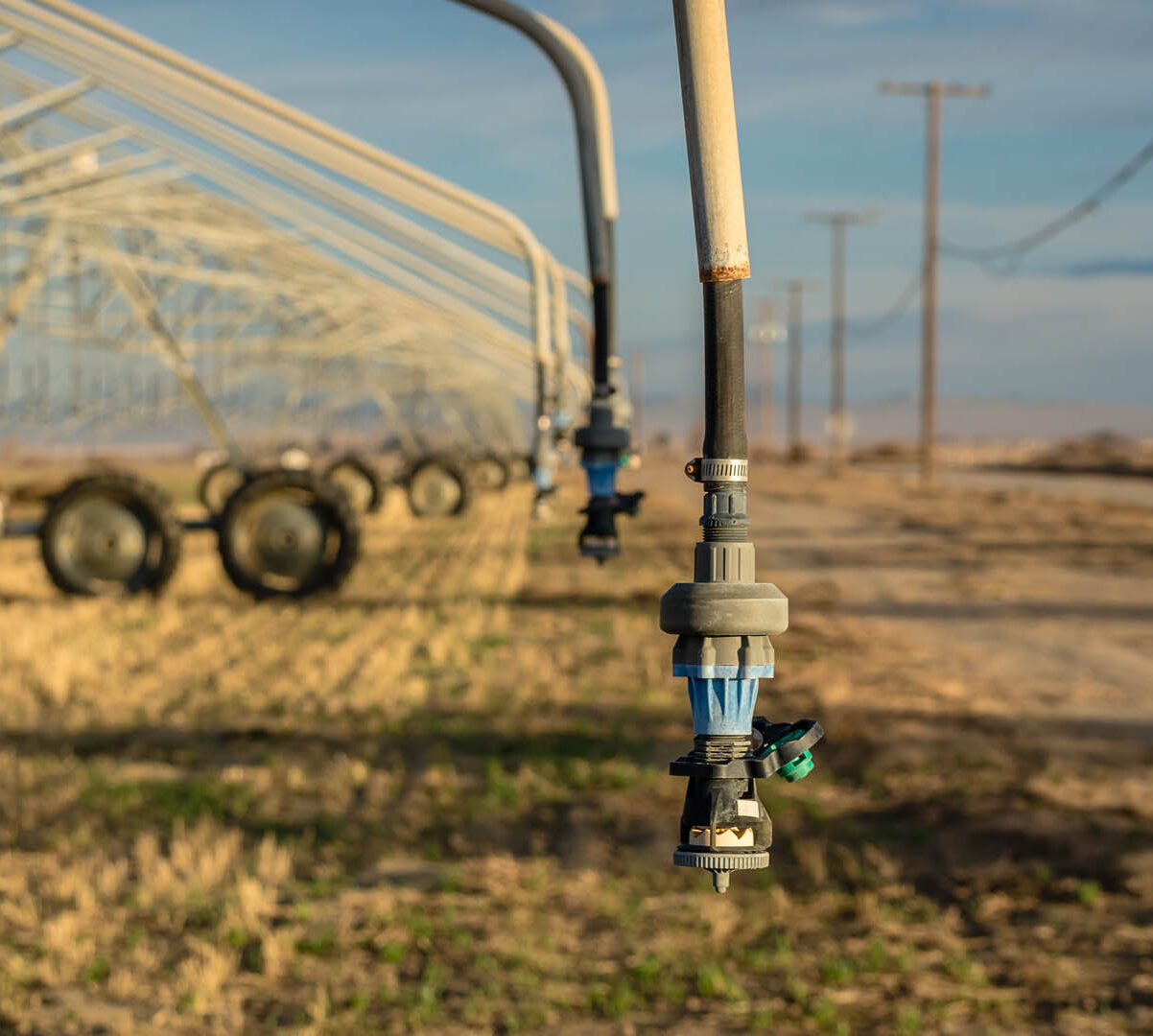After a long succession of years dominated by flooding across the UK, the impacts of the exceptionally dry and hot Summer of 2022 brought the question of the need for greater integrated water management and our resilience to drought into sudden focus. As we move into the summer of 2023, with a heatwave at the end of May, this issue is once again being brought into public attention. Hosepipe restrictions remain in force in parts of the South West and Eastern England, and with a high number of river gauges across the UK, particularly in Northern England and Scotland, showing below normal flows.
Droughts are not part of the public consciousness in the same way that flooding hits our news headlines. Droughts are naturally variable and are as such difficult to define, which creates confusion as to if a drought is occurring and how severe it could be. In addition to this, the UK characteristically receives a lot of rain which can create a degree of complacency, or an ‘it will rain eventually’ attitude during a drought. Despite this perception the amount and timing of the rainfall we receive is variable and drought is an inherent feature of the UK climate. Hotter, drier summers can now also be expected as a result of climate change.
The 1976 drought is widely recognized as being a catalyst for change within drought risk management in the UK. However, since this event there have been few droughts where emergency restrictions have been put in place on water use. This is not to say we are now resilient to droughts only that we are more resilient than we once were. There is a growing awareness of the need for better and more effective drought risk management practices, particularly in the context of climate change.
There is an inherent focus on “water managers” within the drought governance and planning space in the UK, with key players having historically been Water Companies and the Environment Agency. This space needs to be widened to include other vulnerable sectors (e.g., agriculture, power generation) as this approach fails to recognise drought management in its wider context. Recognition of this need for integrated multi-sector, UK-wide drought and water resources planning is growing (e.g., in the Water Resources East draft regional plan) but needs further encouragement and policy development to really take shape.
How do we plan for a hazard without definition?
Planning for drought is indeed a challenge, with the characteristics and impacts of drought being variable across space and time. However, we cannot just ‘wait for the rain’ and this is a challenge we can meet head on. By properly identifying systems vulnerabilities to drought, we can define appropriate intervention actions, when these should occur and what the roles and responsibilities of different stakeholders are, which can help lessen and mitigate the impacts of drought. We can also look to options that capture excess water during storm and flood events and store it to help support supply and the environment during water scarcity. Initiatives such as the ‘Reclaim the Rain’ FCRIP in Norfolk and Suffolk, which our water resources team has recently been pleased to support, is a good example of the recognition of this need. Key to effective drought planning and preparedness will also be collaboration between the government, regulators and water companies - something which was recognised at the most recent National Drought Group Meeting.


As part of our wider climate change and resilience services, we support a variety of organisations to adapt, prepare and become more resilient to drought. We provide expertise for those requiring or utilising water resources, covering everything from country-wide drought orders to the creation of new boreholes. For more information contact Head of Water Management, Steve Thompsett or Water Resources Lead, Evangelia Kordomenidi. You can also visit our Managing Water Resources page for more information on our services.

